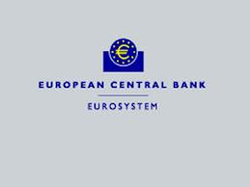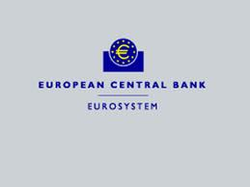Oct. 15, 2013
Thesaurus : Texts
Updated: Nov. 20, 2012 (Initial publication: Oct. 5, 2012)
Breaking news

Updated: Sept. 17, 2012 (Initial publication: Sept. 13, 2012)
Breaking news

Updated: Sept. 17, 2012 (Initial publication: Sept. 8, 2012)
Breaking news

Updated: Sept. 17, 2012 (Initial publication: Sept. 17, 2012)
Breaking news

Updated: Aug. 28, 2012 (Initial publication: Aug. 25, 2012)
Breaking news

Updated: July 23, 2012 (Initial publication: July 17, 2012)
Breaking news

Updated: July 16, 2012 (Initial publication: July 16, 2012)
Contributions

Updated: June 8, 2012 (Initial publication: June 1, 2012)
Breaking news
The European Central Bank says on May 31, 2012, the need for a European unified banking supervision.

